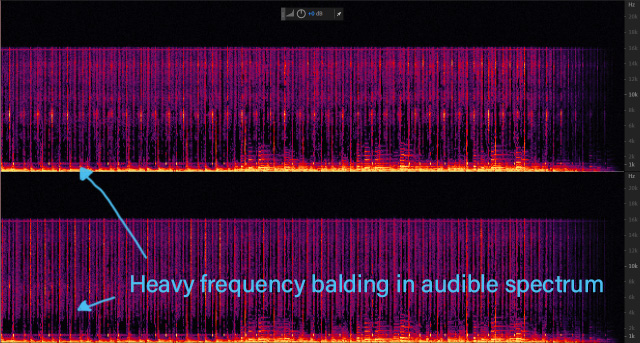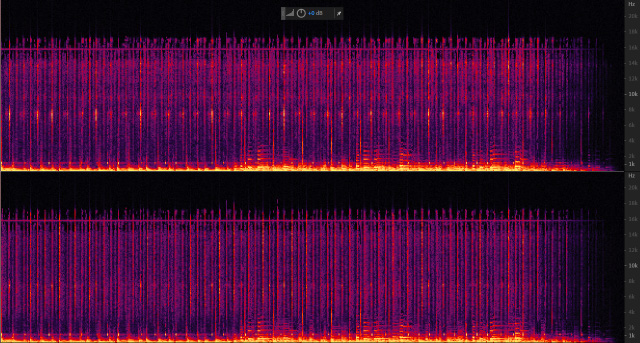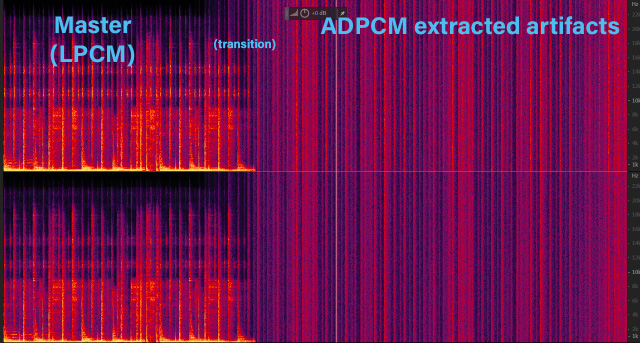
Frequently Asked Questions
We recommend that you read the answers to our frequently asked questions (FAQ) before contacting us or joining our Discord server. Many of your questions may have already been answered here.
Sims Music Archive is a passion project started by two fans who were looking to build the most complete collection of music from The Sims and its many spin-off franchises in lossless audio.
First and foremost, this project is about preservation. The Sims franchise has had several lackluster official releases of its soundtracks, and many tracks have never been made available outside of the game. Our philosophy is that these tracks should be available to everyone and preserved forever in the highest quality possible.
The goal of this project is to find each track from The Sims in lossless audio. Once we have completed this goal, we will be sure to post the soundtrack for download on our Releases page.
If you don't care about audio quality and just want to download the entire soundtrack in variable bit rates as they were directly from the game, then this can be downloaded from the following Internet Archive page.
Short answer: Poor choice of codecs and reference material that has been destructively tampered by audio engineers.
Long answer: It's a case by case scenario depending on the game and the codec used. Also the below LONG explanation will give almost a full insight on why this whole project started. This is going to get a bit technical but we are going to do our best to explain in a way that everybody can understand.
Mainline series, The Sims 1, 2, 3, 4 (mp3 codec)
While the vast majority of people are mostly ok with the quality produced by the mp3 codec, it's neither ideal as a codec for today's standards as it is considered superceded by other better quality/efficient codecs (see AAC, OPUS, Vorbis) or it's failing to meet the quality standards they have associated at given bitrate produced by a modern and very well fine-tuned encoder.
In the case of The Sims 1 for example, it's files are 44100Hz at 128kbps. While that sounds good in theory, it's the practice that it's rather lacking. In 1999-1998 (when the game was in development and the in-game files where rendered), the mp3 codec and the available encoders where not what they are today. The quality that the mp3 codec is associated today is a product of 20+ years of progressive and painstaking fine-tuning by pioneer developers and scientists. So the in-game files of The Sims 1 are suffering from bad distortion, limited frequency response, balding spots, bad pre-echo, muddy sections and alot more issues MDCT-based codecs are associated with.
In the case of The Sims 1 there's so many tracks that you are completely unable to hear properly (weird drums, missing elements) with some of the worst offenders being the Buy Mode tracks and the Latin radio tracks.
Here is an example of the issue:

In-game file (128kbps, mp3)
Here is the same track encoded at the same bitrate and codec with the only difference being that it's encoded by an encoder that is 20+ years further in it's fine tuning so it's able to produce a considerably better quality result.

6th generation console versions/spinoffs, The Sims 1, 2, Bustin' Out, Urbz (ADPCM codec variants)
There are 2 very distinct issues with the tracks on these games.
1. The ADPCM codec
ADPCM codec variants are considered rather poor in a quality manner and a last resort when itcomes for audio that demands quality. It's being mostly chosen as it's a very effective way to cut on size/bitrate/memory bandwidth and it requires virtually zero computation power to be decoded by hardware. The biggest issue with ADPCM codecs is dirtortion and noise levels as none of the variants are able to be tuned to a real psychoacoustic model so it's weaknesses will always be rather crude and audible. Ofcourse, there are ADPCM variants that are more well tuned for the task than others producing considerably better results than others.
In the case of these games, the Gamecube ports are considered the best (Nintendo DSP 4-bit ADPCM), followed by XBOX (Microsoft 4-bit IMA ADPCM) and lastly Playstation2 (Intel DVI 4-bit IMA ADPCM).
Here's an example of what's wrong with these files:

This file is the original master recording transitioning to the phase inverted ADPCM track resulting in a difference only/subtraction/extraction audio. This way, you can get a better idea of the kinds of distortions the ADPCM codec causes to audio. (Note, we know that is is not a great way to compare audio, but it's still a quite valid way to get an idea what ADPCM distortion "sounds" like and what you should try to hear when you're spotting irregularities in ADPCM audio).
2. Tracks have been tampered to 24kHz mono
There's not alot we need to say about this issue. Nobody likes 24kHz (missing highs) or mono audio. Here's an example of what you're essentially missing from the following excerpt - The Black Eyed Peas - Friddy Dope (From The Urbz: Sims In The City)
In-Game file (24hHz mono ADPCM)
Original Master (44100Hz, 16bit, LPCM)
We have recently expanded our search into the music of SimCity 3000 and SimCity 4. This decision followed the discovery of a substantial collection of music from these games in lossless quality, presenting an opportunity too promising to overlook.
Our efforts will continue as we try to uncover additional lossless music from these titles by getting in contact with some of the composers whose contributions remain absent from our collection.
We are confident that we are already in possession of every single officially released soundtrack album from The Sims, its expansions, and other games that came later in the franchise. Please be sure to check your lossless music against our Music Database which will show an up to date list of the music we are actively looking for.
Should you think that you are in possession of a track we do not have in lossless quality, then please contact us via our Discord. We will be sure to analyse the audio properly and confirm its legitimacy.
We can confirm that we are in contact, or are actively trying to get in contact with as many of the original composers and performers as we can. We are extremely thankful to all of the contacts we have made who have helped us by providing us with lossless masters of some rare tracks.
In respect of their privacy we will not be sharing the personal contact details, nor will we be revealing their identities should they request to remain anonymous.